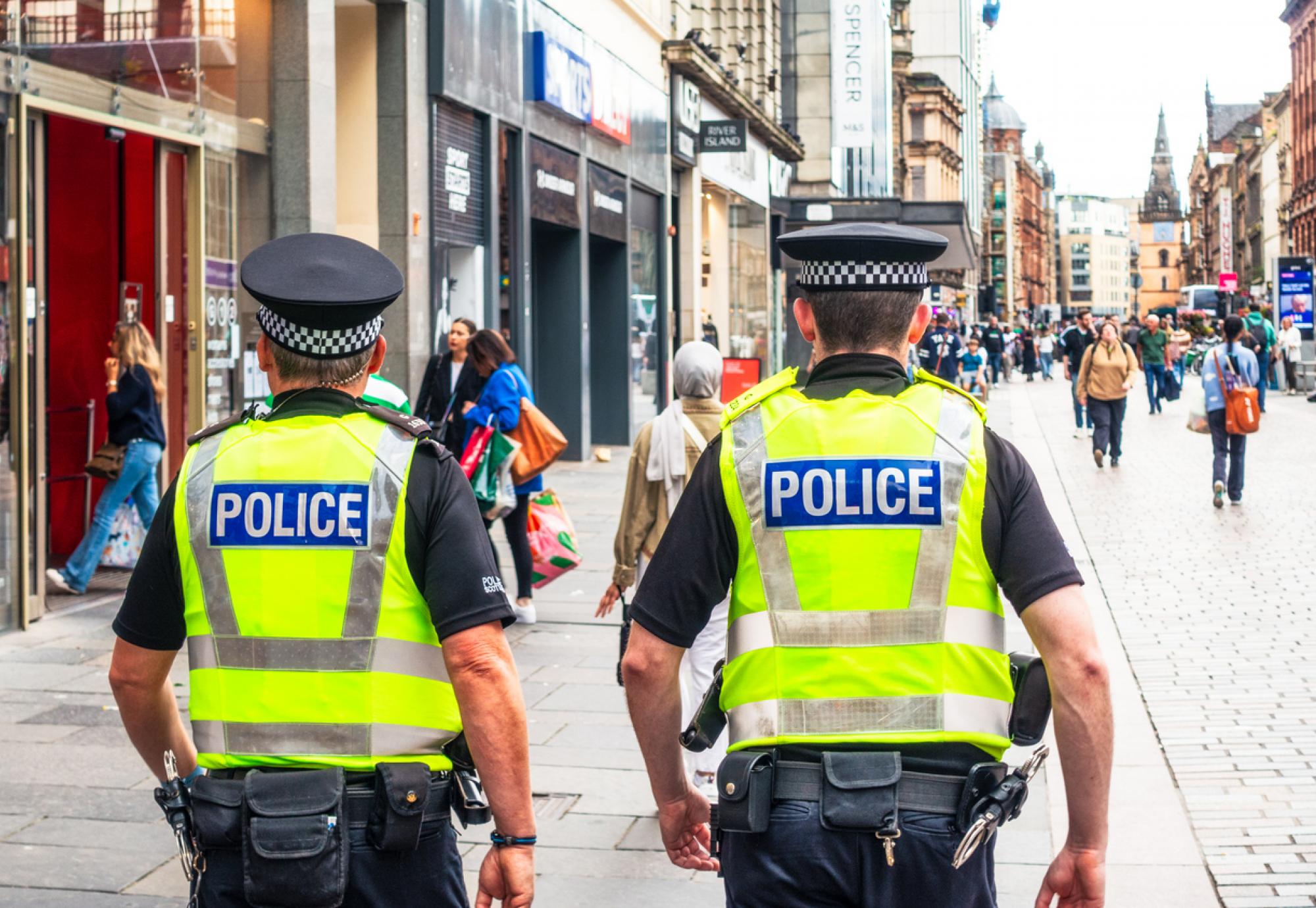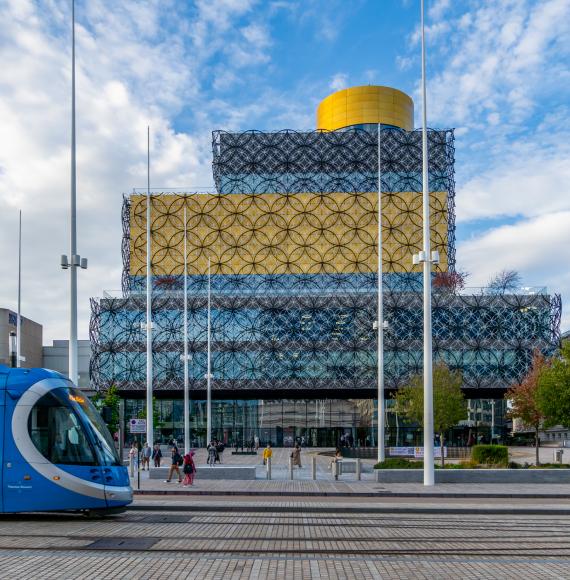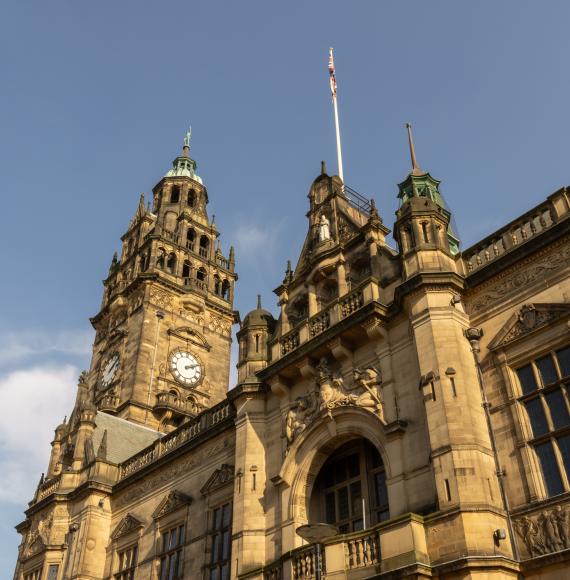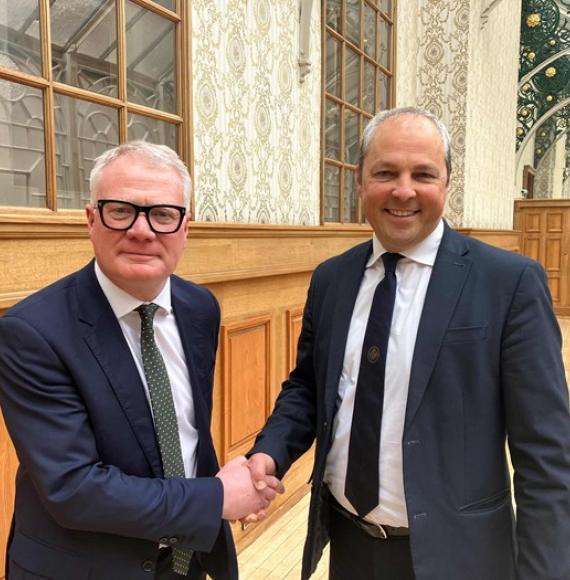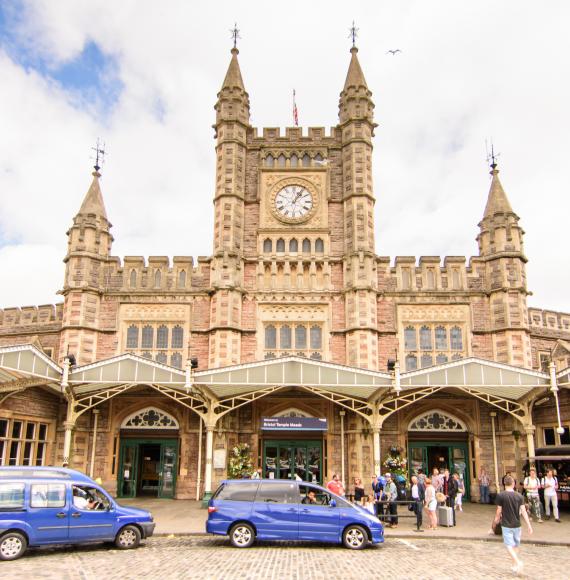The government has announced plans to abolish Police and Crime Commissioners, cutting unnecessary bureaucracy and reinvesting at least £20 million annually into frontline policing – enough to fund 320 additional constables.
Since their introduction in 2012, PCCs were intended to hold police forces to account, but public engagement has remained low, with two in five people unaware PCCs even exist. Turnout at PCC elections has also been consistently poor.
Under the new model:
- PCC responsibilities will be absorbed by regional mayors wherever possible, integrating crime reduction strategies with wider public services such as education and healthcare.
- In areas without a mayor, elected council leaders will take on the role.
- The government will ensure continuity of victim and witness support services currently provided by PCCs.
- Transition will occur at the end of the next electoral cycle in 2028.
The move forms part of a major policing reform programme aimed at raising national standards, strengthening performance management, and ending the postcode lottery in crime outcomes. The upcoming Police Reform White Paper will outline further measures, including a National Centre of Policing to consolidate IT, forensics and other support services, and a police performance unit to drive improvements across forces.
Shabana Mahmood, Home Secretary, commented:
“The introduction of police and crime commissioners by the last government was a failed experiment.
“I will introduce new reforms, so police are accountable to their local mayoralties or local councils. The savings will fund more neighbourhood police on the beat across the country, fighting crime and protecting our communities.
“I would like to recognise the efforts of all current and former police and crime commissioners and thank them. These individuals served their communities and will continue to do so until they have completed their current terms.”
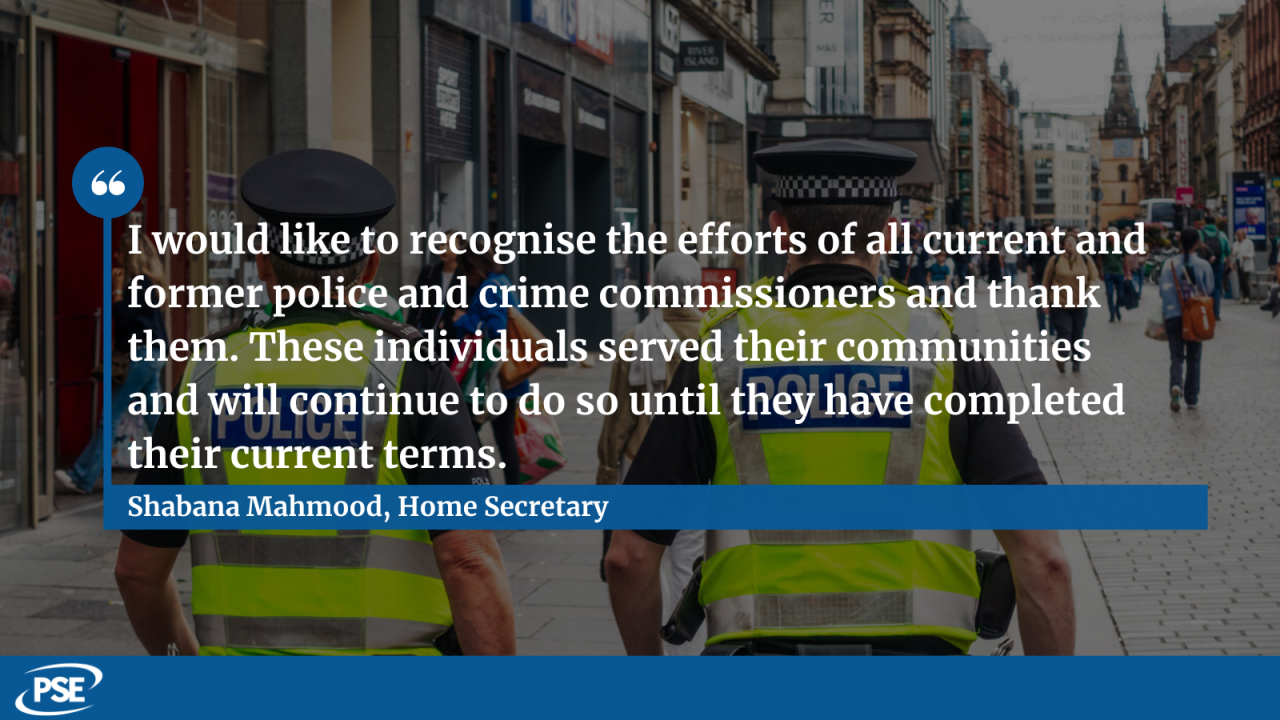
These reforms will run alongside the Neighbourhood Policing Guarantee, which promises named and contactable officers for every community, guaranteed patrols in busy areas at peak times, and 3,000 neighbourhood officers on the streets by spring next year.
The announcement comes ahead of the Autumn Budget, which will focus on cutting NHS waiting lists, reducing national debt, and improving efficiency across public services.
Image credit: iStock

